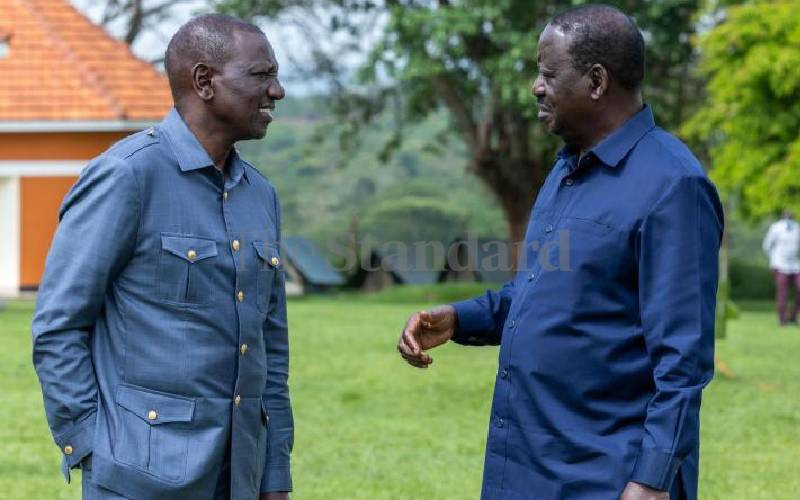×
The Standard e-Paper
Home To Bold Columnists

Court has slammed brakes on a report by teams set up by President William Ruto and opposition leader Raila Odinga, putting the truce between the two in jeopardy.
The basis of the report was scrutiny of election servers, the reconstitution of a panel to select Independent Electoral and Boundaries Commission (IEBC) officials among others.